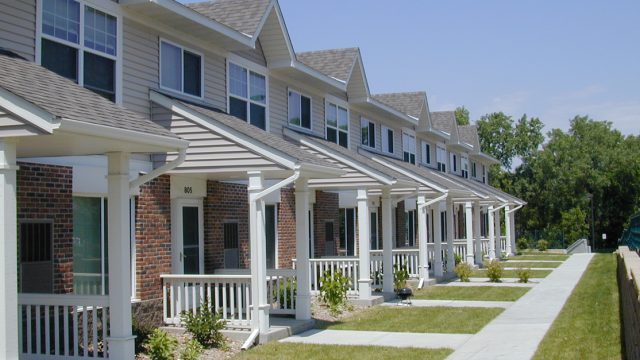David Flynn: There Is No Easy Way To Slay The "Housing Hydra"

Housing is a common topic of discussion in Grand Forks. Many questions surround the topic, too many in fact. As a frequent contributor to the Jarrod Thomas program (1310 AM Grand Forks), I receive a fair share of these questions. For every question I answer, or attempt to answer, it seems like two take its place. All this because, as I maintained throughout these last few years, we are not asking appropriately defined questions.
Answers to serious policy questions are not easy to come by in the best of circumstances, but they are well nigh impossible if we fail to maintain focus. Where have we fallen down? At times we ask questions about affordability, but affordability for whom? Are we looking for a 10% solution? A 5% solution? Are there specific individuals or groups of individuals that we wish to have at the center of our policy initiatives? And we then get further distracted by asking about housing availability.
Are there adequate units available? Again, for whom? Are there price ranges of particular importance? If there are, why these and not some others? Should government get involved? If so, how?
These and many other questions are a regular part of the discussion and debate, and they are all potentially worthwhile and important questions awaiting an answer. What they lack is a cohesive, overarching structure that guides us to answers, or at least prioritizes the questions. To do this well is no easy feat, and requires more than we have done to this point. Answers are unlikely to fall into our lap.
One of the first issues is to understand there is not one set of supply and demand curves for “housing.” That is far too simple a model for a market the size of Grand Forks. People also tend to segment themselves into submarkets within the housing market of the larger geographic area. What helps us get at these issues? Data.
We need a wealth of data to help us begin to define the questions we can hope to answer. Price is an outcome of the market process and to suggest that the price is in some way “bad” or “flawed” requires us to find a flaw in that market. There must be some barrier to competitive forces that results in a sub-optimal outcome from the perspective of efficiency. Most people, however, have the issue of equity in mind when discussing housing. The outcomes are not “fair” or “just.”
While these may be good questions to ask, they are not good questions to ask an economist. Well, at least not an economist making use of the tools of economics. Certainly they are not good questions to ask this economist. People have their own preferences and their own subjective sense of what is “fair” and there is nothing wrong with that. However, there are few ways to have a meaningful debate regarding the issue of fairness because we must recognize the inherent subjectivity of the positions.
Is there a housing problem in Grand Forks? We may never know. We are not sure that we are asking the right questions, and when that is the case you can never be sure you arrive at an answer, let alone the right answer.




